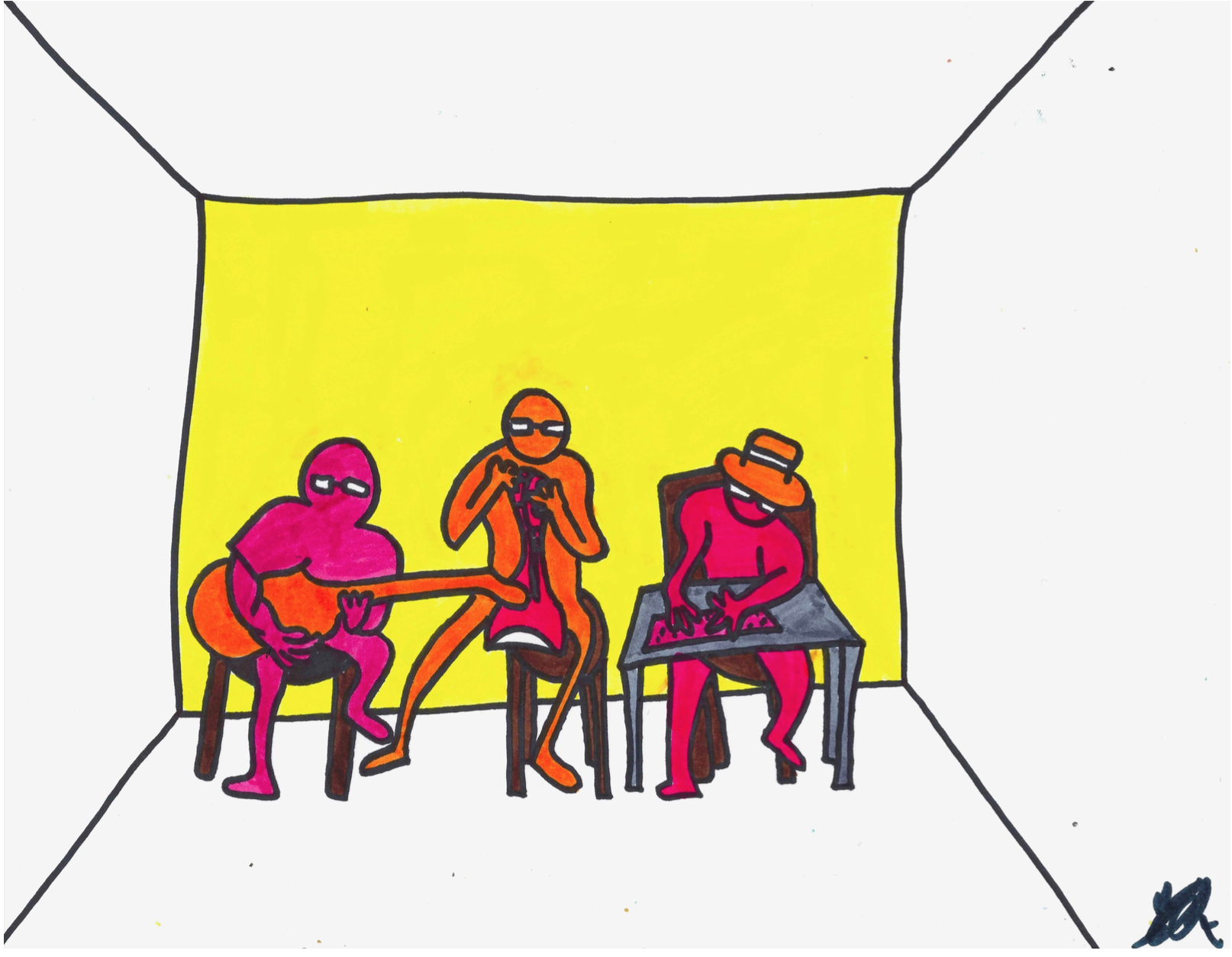Timothy Leary once said that for 364 days out of the year, you can hear conventional ideas, and that on the one day that people heard his, they were shocked. There is no way to really prepare for the experience of avant-garde, even while knowing how different the compositions are. On Friday, Ron Miles, J.A Deane, and Farrell Lowe played an improvisational show at the Trident for a devoted crowd, who sat silently in awe as the three created sounds unlike anything I have seen live before.
Their first composition was gentle, reserved, and pensive. Ron Miles played trumpet, something he is acclaimed for on a plethora of studio albums, Farrell Lowe played guitar, and J.A. Deane played keys and did electronic mixing live.
I would compare the experience of listening to this trio’s sound to staring at a Barnett Newman painting. The components of a regular performance are there, with three talented musicians on a stage and an audience before them. However, the sounds they create are fundamentally unlike anything I have seen a band play before. The instruments are communicating, as they do in Jazz music, but they are not communicating rhythmically, instead, they communicate like three troubled voices all trying to reach the other. It is natural to get lost in your own thoughts while listening.
Although the sounds that this trio made on Friday were unorthodox, they were not baseless or without intention. Each composition was structured differently, and it was almost startling how dissimilar the first and second pieces were.
Lowe began by playing a riff that was like a Pink Floyd solo from another planet, and Deane began to create bass heavy sounds that spelled chaos. Miles interrupted with pensive, melodic thoughts, and although the sounds did not connect in any conventional way, it was clear that the three were playing in deep communication, but speaking in a form unlike anything I had seen before.
Perhaps the most startling and significant moment of the performance was the band’s final composition. This unapologetic war of sounds featured a creeping sample from Deane that almost resembled a Jack Arnold soundtrack or bizarre Dust Brothers sample, a variety of distortions and acoustic sounds from Lowe, and a mix of long, lustful trumpet calls and fast, desperate afterthoughts.
The component of the performance that I will remember most prominently was the finale. After an evening of intentionally disjointed sounds, the players came together for a startlingly romantic conclusion which made it feel as though the ship had landed back on Earth.
As an avid Jazz fan. I love Coltrane’s Interstellar Space, Sanders’s Blind, Deaf, and Dumb, Ayler’s sets at the Village Vanguard, and Herbie Hancock’s great experiments like Mwadashi and Sextant. However, I assure you that none of these experimental albums prepared me for what I heard on Friday. There were moments that the sounds were very challenging, without any conventional rhythm or movements. But music like this is vital, because it reminds us that our music is culturally constructed, and the things that we consider vital to music are really just social norms.
I had a chance to speak with the players after the show, and I was grateful for the kindness that they showed me. They are passionate about the music that they create, and excited to share it with all kinds of people.
As Boulder changes with an influx of new people, and places like the Trident become few and far between, it reminds us how important these opportunities are, and it becomes more difficult to find that one day a year to hear something totally different.
And it makes each composition more memorable.

By Jacob Newman

